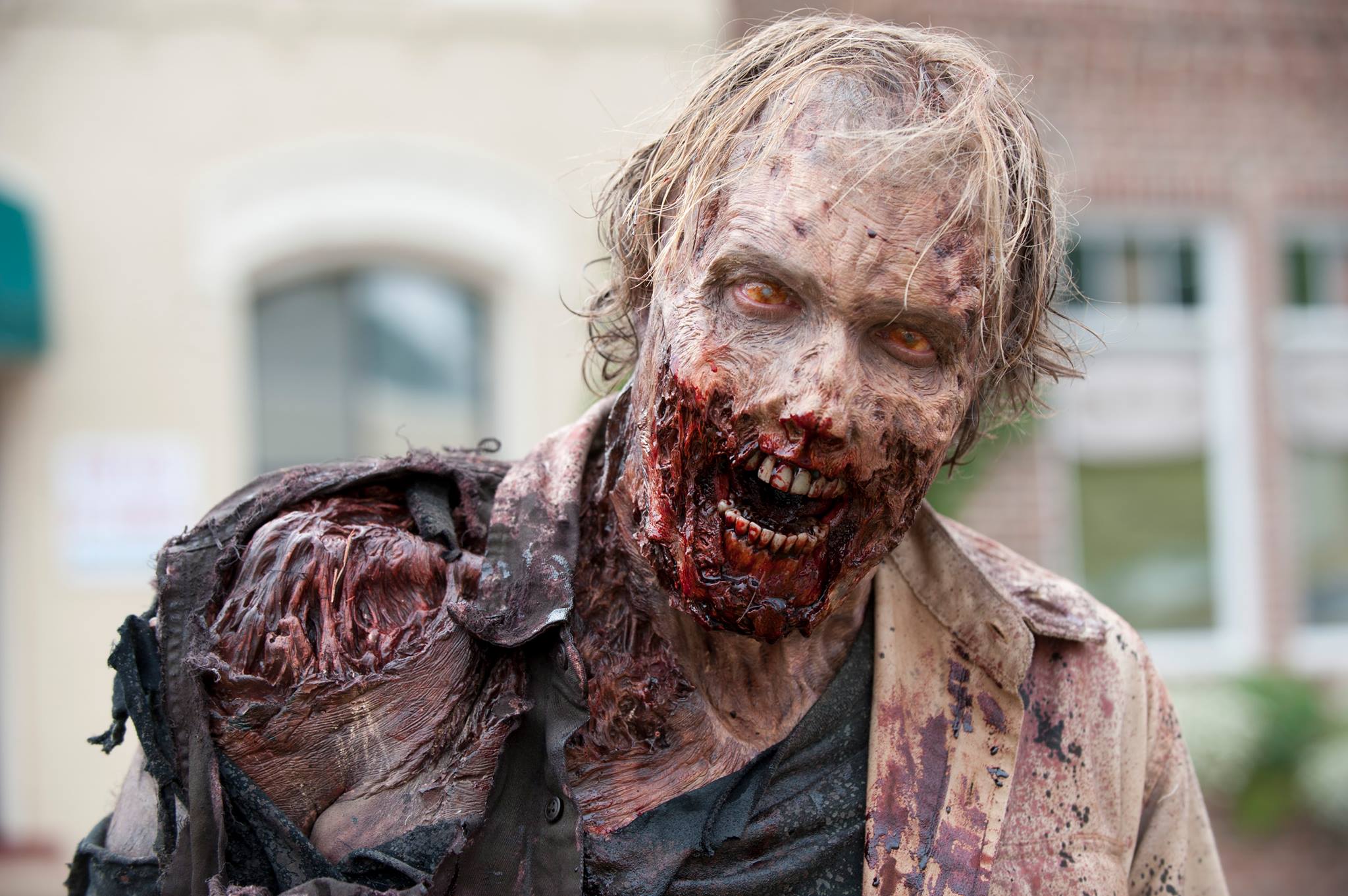The Dog
A documentary directed by Allison Berg & Frank Keraudren
USA, 2013
The great advantage of documentaries is their ability to dampen the cinematic white noise and give us a peek into the human condition. In the fantastic documentary, The Dog, we meet a man whose entire life is predicated upon the fundamental need for validation. John Wojtowicz derives his self-worth first through sexual conquest, and then through the comically tragic bank robbery that catapulted him to infamy. John’s extraordinary life is the stuff of fiction, leaving us to wonder where the truth ends and the persona begins. Or maybe it’s the other way around.
On August 22nd, 1972, John Wojtowicz and two accomplices walked into the Chase Manhattan Bank at the corner of East Third and Avenue P in Brooklyn. 14 hours later, John was arrested for robbing the bank and holding 7 employees hostage in order to pay for his male lover’s sex-change operation. The bungled crime not only captured the nation’s imagination (even pre-empting a speech by President Nixon), it served as a demarcation point in Wojtowicz’ very strange and complicated life. The Dog does a splendid job of detailing John’s bizarre transformation; from a mouthy, sexually-aggressive nobody into the outlaw who first inspires and later adopts the persona of Al Pacino’s character in Dog Day Afternoon. It’s a curious case of life imitating art…imitating life.
Through a creative mix of home movies, newsreel footage and personal interviews, directors, Allison Berg and Frank Keraudren, paint the portrait of a man who expertly mixed his own colors. Ironically, John, or ‘The Dog,’ as he insists upon being called, could have become a true hero had he not yielded to the unrelenting narcissism at his core. Emboldened by the formative events at Stonewall, John spent the later part of the ‘60s as a crusader for gay rights. The filmmakers subtlety weave a modern subtext into this formative stage of John’s life, which culminates in his marriage to a pre-operative transsexual, Ernest Aron (aka Liz Eden). To John, this was a provocative thumb in society’s eye, but to the gay community it represented a seismic shift in exposure and empowerment. It’s a shame he chose to become the anarchic figure from Dog Day Afternoon rather than the trailblazing groom portrayed in what was, undoubtedly, the first gay union ever committed to film.
Berg and Keraudren give ‘The Dog’ plenty of slack on his leash. With an easygoing charm and boisterous manner, you desperately want to believe his story, but as the interviews begin to accumulate—a ferociously dedicated mother, multiple jilted lovers, traumatized hostages, former associates—you realize that John has become the tortured figure in his own Shakespearean saga. Filming over the course of 12 years, the filmmakers seem almost as baffled by John’s antics as we are. There is a startling disconnect between the terror he unleashed on that fateful day and the tragic anti-hero he became in his own mind. When John proclaims himself, “The gay Babe Ruth,” it’s clear he considers himself a virtuous champion of ‘the little guy;’ twisting the attention and (fleeting) adoration to validate the ugliest parts of himself. The filmmakers painstakingly frame his story against a historical backdrop to provide the factual ‘what’s’ and ‘when’s,’ while allowing John to supply his own ‘why’s.’ The result is a documentary that functions as both a historical document and a psychological case study.
John Wojtowicz is not an easy man to like, but he’s even harder to dislike. With each new revelation, your opinion of him changes, even though you’re doomed to end up rooting for him. He sickens you with his obvious attempts to kiss and canoodle with total strangers, and then he inspires you with his single-minded individuality. He’s tragic and triumphant, admirable and abhorrent. He’s The Dog. Perhaps that is the only description that truly fits him.






